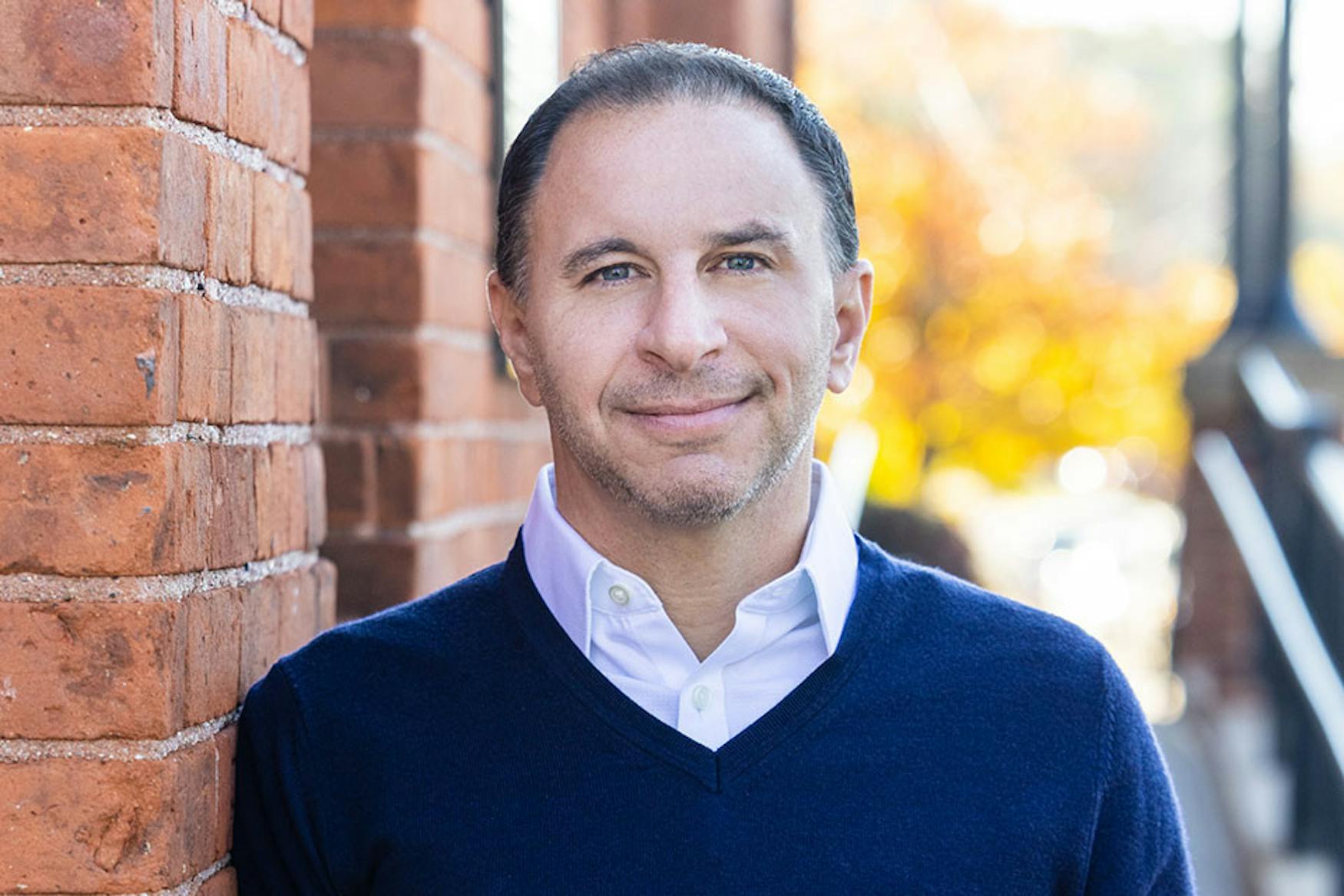Brandeis alumnus obtains new soccer franchise
Mitchell Baruchowitz ’96 now operates a professional soccer team in Westchester, NY. The Justice sat down to discuss how he got here, and how he plans to build a team from the ground up.
Mitchell Baruchowitz '96, a former Brandeis tennis star-turned cannabis industry investor, was awarded a United Soccer League franchise in Westchester County, New York this year. The team, currently dubbed the Westchester Soccer Club, will play in USL League One, a Division III professional league operated by USL, at Memorial Field in Mount Vernon, New York. To serve as a developmental pipeline, Baruchowitz also plans to create a youth system by merging with a local soccer academy in Westchester. The team will play their inaugural game on March 1, 2025, and has shared plans to start a women's team in the coming years.
Unlike in other countries, soccer leagues in the United States do not use a promotion and relegation system, instead dividing leagues up into three "divisions" — a system sometimes called the "American Soccer Pyramid." The only sanctioned Division I league is Major League Soccer. USL operates the only Division II league, called the USL Championship. USL1 is one tier below that, and is one of three active Division III leagues in America.
Baruchowitz had a successful athletics career at Brandeis in the 90s, going undefeated in the fall of his sophomore year and winning 14-straight to start the spring. He has remained involved at Brandeis, serving on alumni committees and speaking at the International Business School. In 2021, he orchestrated a $250,000 research gift to the University, the Baruchowitz Family Fellowship for Dysautonomia Research, aimed at gaining insight on life-altering conditions that affect the nervous system, like postural orthostatic tachycardia syndrome, which his ex-wife, Wendy Baruchowitz, suffers from.
It had been a lifelong dream to own a sports franchise, but the ability to build a soccer team from the ground up was a particularly irresistible proposition.
In an April 10 interview with The Justice Baruchowitz commented, “you want that reward, walking into that stadium, hearing people, families, cheering.” The vision is greater than just overseeing a sports team. In Baruchowitz’s mind, it’s about building a part of a community, a local point of pride, a family attraction and growing the sport of soccer in the United States, especially prescient in the run-up to the 2026 World Cup.
“Now that I’m deep in it,” he related, “I had no idea what I was getting into.” Everything from staff to trainers to an analytics department needs to be built from the ground-up. “But I always had an attitude of, ‘I can find a way,’ now that’s carrying over into soccer.”
“I can find a way” is a mantra Baruchowitz has honed since he went to college. Baruchowitz first heard about Brandeis after his brother went two years earlier. He said he was recruited to play soccer and tennis at 350 schools, but chose to follow his older brother to Waltham. After Brandeis, he went to law school at Boston University before moving into high-frequency trading.
During this period, a friend and colleague of his was struck by a car and paralyzed and moved to Colorado to explore medical marijuana for pain management. Baruchowitz stayed in touch, discussing the legal and financial side of the budding cannabis industry in Colorado. As time went on, he began to see a potential market — one that he would become a part of when Connecticut legalized cannabis for medicinal use in 2012.
As Baruchowitz retells it, he was invited by some old partners to help write an application for a cultivation and dispensary contract. He credited his legal background for the ability to sift through all the “minutiae and legalese,” navigating the web of regulations and statutes that exist in any newly-legal industry. In the end, his group was granted a massively advantageous contract to operate in Connecticut. Baruchowitz suddenly found himself in high demand. He used that momentum to found Merida Capital Partners, a private equity fund specializing in cannabis industry investments.
Baruchowitz jokes that he owes some of his success in the cannabis market to being “the only sober guy in the room,” but it is sometimes striking how “low-key” Baruchowitz presents himself, despite the eclectic background. What stuck out first, upon meeting him, is his love of history and writing. He’s an avid reader, from Kerouac to Kesey. He plays the drums and loves alternative rock. But past his easy going demeanor is an unmistakable competitive fire, one that comes out, especially, when discussing his major Division III soccer competition.
While once affiliated with MLS, USL is now a direct competitor. In the Division III space, USL1 and MLS Next Pro are jockeying for the attention of smaller-market soccer fans. MLS Next Pro, however, is a developmental league, with 27 of its 29 teams being reserves of Division one clubs. To Baruchowitz, this difference is key; he is quick to point out that MLS is a competitor, and that he believes he is delivering the superior product.
“It’s not a developmental league or a feeder program … it’s a place you can take your family, and root for a local team,” he says. “This is about building something the right way.”
America is in something of a soccer renaissance leading up to the 2026 World Cup. Partially spearheaded by the popularity of the U.S. National Teams, it’s also driven by the growing support of local and youth teams. Come 2025, the Westchester Soccer Club will do their best to continue this trend, and it's hard not to believe they’ll be successful when hearing Baruchowitz’s passion for building something right.



Please note All comments are eligible for publication in The Justice.